The Land Port Authority of India (LPAI) is a statutory body established by the Government of India under the Land Ports Authority of India Act, 2010. LPAI operates under the administrative control of the Ministry of Home Affairs and is responsible for the development, management, and regulation of integrated check posts (ICPs) along India’s land borders.
The primary objective of the Land Port Authority of India is to facilitate cross-border movement of goods and people, enhance trade and commerce, and ensure effective border management. Here is an overview of the key functions and responsibilities of LPAI:
Development and Management of Integrated Check Posts (ICPs):
LPAI is responsible for the planning, development, and management of Integrated Check Posts at various strategic locations along India’s land borders. These ICPs serve as major infrastructural hubs that provide comprehensive facilities for customs clearance, immigration, security checks, and other related services.
Facilitating Cross-Border Trade and Commerce:
LPAI aims to facilitate smooth and efficient cross-border trade by streamlining customs procedures, simplifying documentation, and improving logistics infrastructure at the ICPs. It focuses on reducing the time and cost of trade transactions, ensuring seamless movement of goods, and promoting international trade.
Border Management and Security:
LPAI works closely with law enforcement agencies, including customs, immigration, and security forces, to ensure effective border management and security at the ICPs. It implements measures to prevent smuggling, illegal immigration, and other illicit activities while maintaining the integrity and efficiency of border operations.
Infrastructure Development:
LPAI undertakes infrastructure development projects to improve the physical and operational facilities at the ICPs. This includes the construction of roads, parking areas, cargo handling facilities, warehouses, and other necessary amenities to support the smooth flow of goods and passengers across the border.
Technological Integration and Automation:
LPAI promotes the use of modern technology and automation in border operations to enhance efficiency, transparency, and security. This includes implementing advanced systems for customs clearance, electronic data interchange, cargo tracking, and other digital solutions to simplify processes and improve overall operational effectiveness.
Collaboration and Coordination:
LPAI collaborates with various government agencies, trade associations, international organizations, and neighboring countries to foster regional cooperation, harmonize procedures, and facilitate cross-border trade. It actively engages in dialogues and consultations to address challenges, resolve issues, and promote cross-border connectivity.
The Land Port Authority of India plays a crucial role in facilitating trade, promoting economic growth, and ensuring secure border management along India’s land borders. Through its efforts, LPAI aims to create a conducive environment for cross-border movement while upholding the principles of national security and regulatory compliance.
Establishment and Legal Framework:

The LPAI was established on January 1, 2012, under the Land Ports Authority of India Act, 2010. This Act provides the legal framework for the functioning of the authority and defines its powers, functions, and responsibilities.
Integrated Check Posts (ICPs):
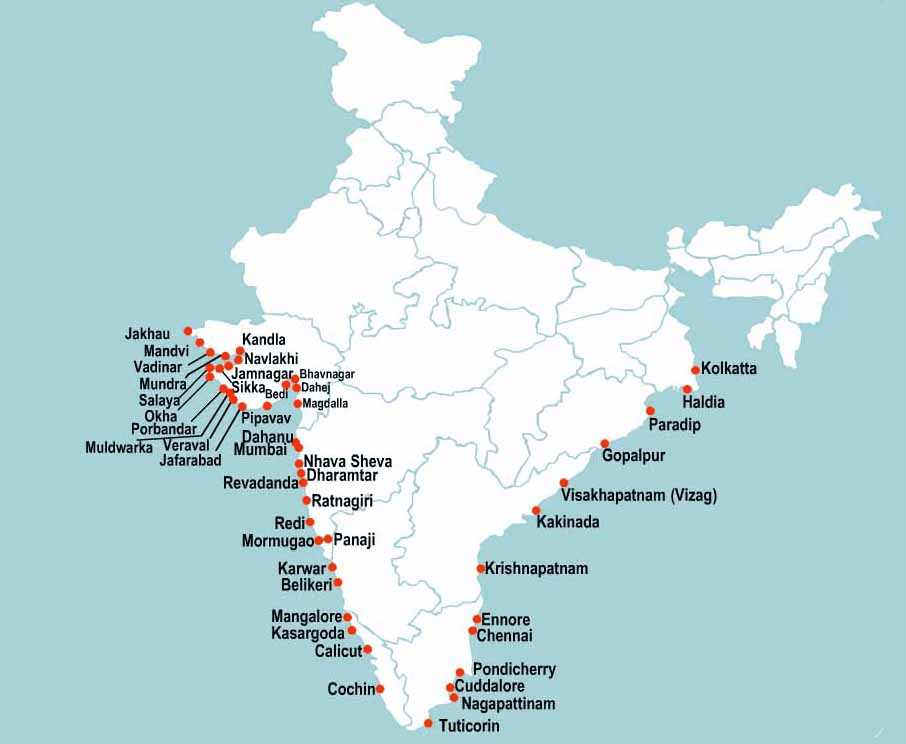
Integrated Check Posts are state-of-the-art facilities established at strategic locations along India’s land borders. These ICPs serve as comprehensive entry and exit points for trade and passenger movement between India and its neighboring countries. LPAI is responsible for the development, management, and operation of these ICPs.
Locations of Integrated Check Posts:
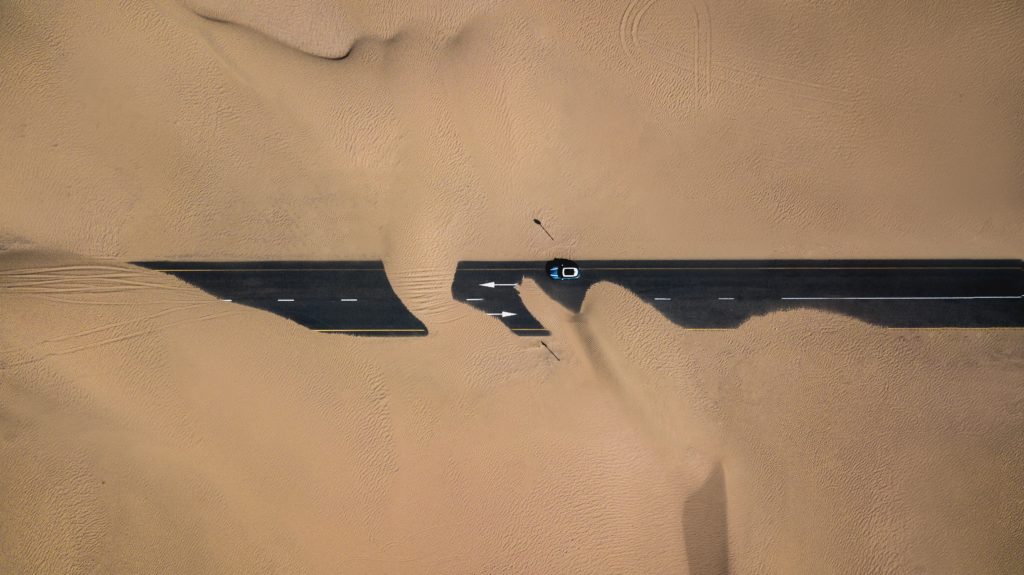
The Land Port Authority of India has established several Integrated Check Posts at key border locations. Some of the notable ICPs include Attari (Punjab) on the India-Pakistan border, Petrapole (West Bengal) on the India-Bangladesh border, and Agartala (Tripura) on the India-Bangladesh border. These ICPs are strategically located to facilitate trade and movement of people.
Trade Facilitation:

LPAI is focused on promoting trade facilitation by implementing measures that simplify customs procedures, reduce documentation requirements, and enhance efficiency at the border. This includes the introduction of technology-driven solutions, such as online customs clearance systems, electronic data interchange, and single-window interfaces, to streamline trade processes and minimize delays.
Passenger Facilitation:
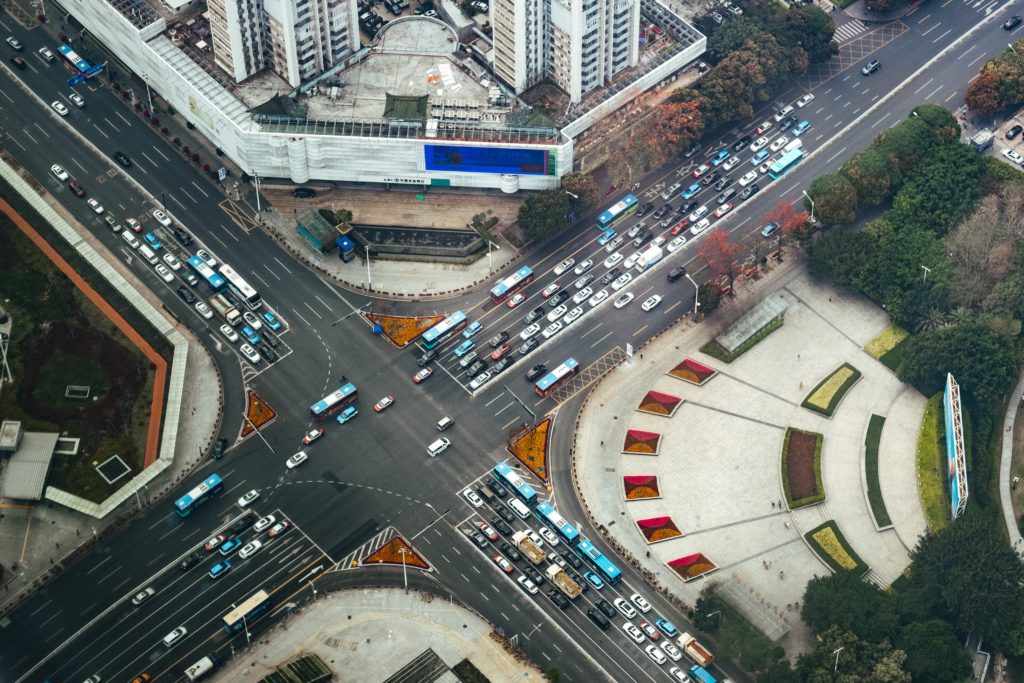
In addition to trade, LPAI also focuses on passenger facilitation at the Integrated Check Posts. This involves providing modern amenities and infrastructure for immigration and customs clearance, passenger waiting areas, parking facilities, restrooms, and other services to ensure a comfortable and hassle-free experience for travelers.
Cross-Border Connectivity:
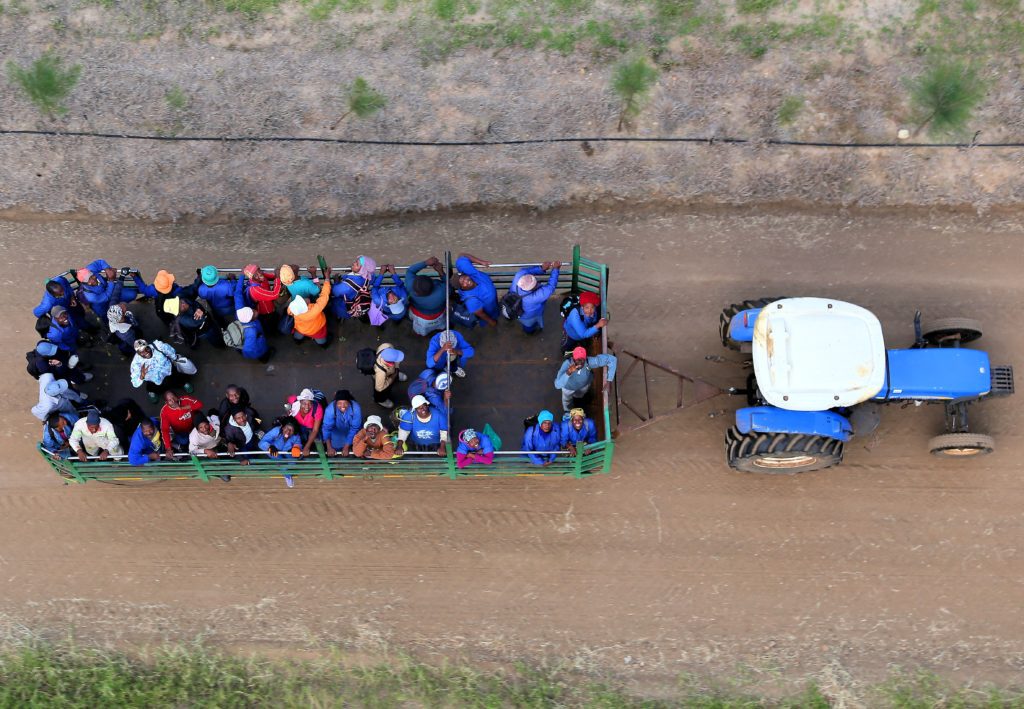
The Land Port Authority of India actively engages with neighboring countries to enhance cross-border connectivity and promote regional economic integration. It collaborates with customs and immigration authorities of neighboring countries to establish efficient border management processes and strengthen bilateral trade relations.
Infrastructure Upgradation:
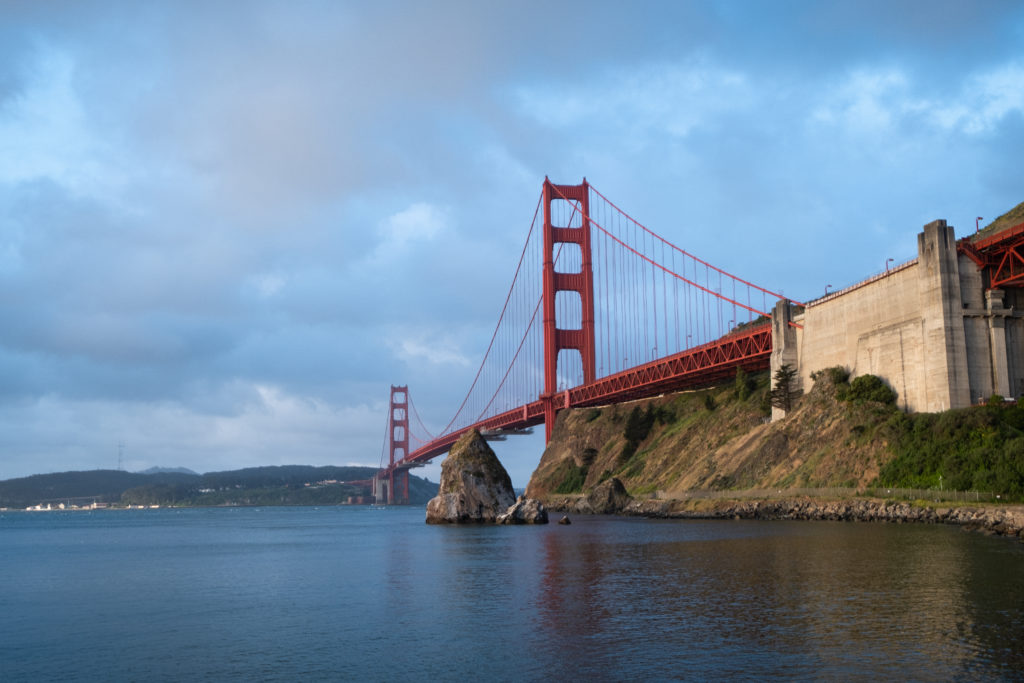
LPAI undertakes infrastructure upgradation projects at the Integrated Check Posts to meet the evolving needs of trade and passenger traffic. This includes the expansion of cargo handling facilities, improvement of road and rail connectivity, development of warehousing and cold storage facilities, and implementation of modern technologies to enhance operational efficiency.
Training and Capacity Building:

LPAI conducts training programs and capacity-building initiatives for its personnel and stakeholders to enhance their skills and knowledge in areas such as customs procedures, trade facilitation, border management, and use of technology. These efforts contribute to the overall effectiveness and professionalism of the land port operations.
The Land Port Authority of India, through its integrated approach to trade and passenger facilitation, plays a pivotal role in promoting seamless cross-border connectivity, boosting economic growth, and ensuring efficient border management in India.
